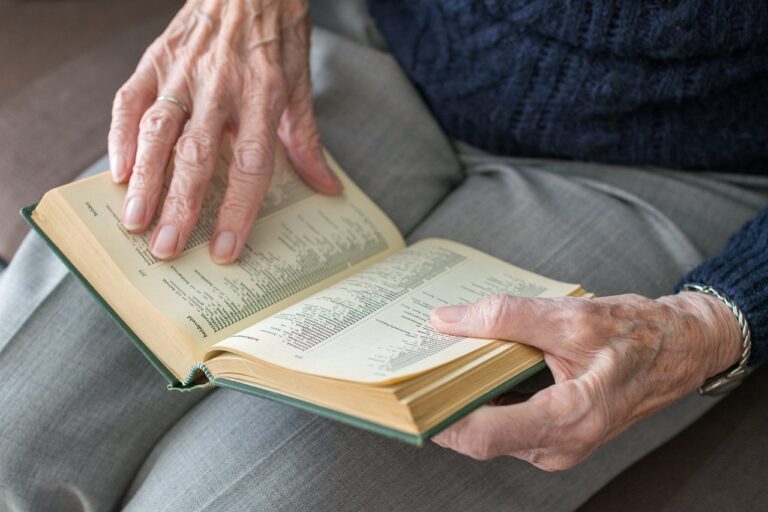The Impact of Educational Toys on Emotional Intelligence: All panel, Cricbet99, Lotus365win login
all panel, cricbet99, lotus365win login: Education is crucial for the development of children, not only in terms of academic knowledge but also in fostering emotional intelligence. Emotional intelligence, or the ability to understand and manage emotions, plays a significant role in a child’s overall well-being and success in life. One way to enhance childrens emotional intelligence is through the use of educational toys.
Educational toys are designed to stimulate learning and development in young children. These toys come in various forms, such as puzzles, building blocks, and interactive games, and are specifically created to promote cognitive, physical, and emotional growth. The impact of educational toys on emotional intelligence is profound, as they provide children with opportunities to learn how to recognize and express their emotions, empathize with others, and develop social skills.
Here are some ways in which educational toys can positively influence a child’s emotional intelligence:
1. Emotional Recognition
Educational toys can help children identify different emotions by featuring characters with varying expressions. By playing with these toys, children can learn to recognize and understand emotions such as happiness, sadness, anger, and fear. This can help them develop empathy and improve their ability to communicate their own feelings effectively.
2. Social Skills Development
Educational toys often involve cooperation and interaction with others, promoting the development of social skills. By playing with these toys in a group setting, children learn how to take turns, share, and collaborate with their peers. These experiences help them build relationships, resolve conflicts, and navigate social situations effectively.
3. Problem-solving Skills
Many educational toys require children to think critically and solve problems, which can help them develop essential problem-solving skills. By engaging in activities that challenge their cognitive abilities, children learn how to approach challenges with a positive attitude, persevere through difficulties, and find creative solutions to problems. This can boost their confidence and resilience in the face of adversity.
4. Emotional Regulation
Educational toys can also help children learn how to regulate their emotions and manage stress. By engaging in imaginative play or role-playing scenarios with these toys, children can explore different ways of expressing their feelings and coping with challenging situations. This can enhance their emotional self-awareness and teach them healthy ways to cope with stress and anxiety.
5. Empathy and Perspective-taking
Educational toys that involve storytelling or role-playing can encourage children to see things from different perspectives and empathize with others. By taking on different roles or characters, children learn to consider the feelings and experiences of others, fostering empathy and compassion. This can help them develop strong interpersonal relationships and become more understanding and supportive individuals.
In conclusion, educational toys have a significant impact on the emotional intelligence of children by providing them with opportunities to develop essential skills such as emotional recognition, social skills, problem-solving abilities, emotional regulation, empathy, and perspective-taking. By incorporating these toys into a child’s playtime, parents and educators can help children build a strong foundation for emotional intelligence and set them up for success in all areas of their lives.
FAQs:
Q: How can parents choose the right educational toys for their children?
A: When choosing educational toys, parents should consider their child’s age, interests, and developmental stage. Look for toys that are engaging, stimulating, and promote learning in a fun and interactive way.
Q: Are educational toys better than traditional toys for promoting emotional intelligence?
A: Educational toys are specifically designed to enhance learning and development, including emotional intelligence. While traditional toys can also be beneficial, educational toys offer additional features and activities that target specific areas of growth.
Q: At what age should children start playing with educational toys?
A: Children can benefit from educational toys at a young age, as early as infancy. There are educational toys available for different age groups, from babies to teenagers, each offering age-appropriate activities to promote learning and development.
Q: How can parents incorporate educational toys into their child’s daily routine?
A: Parents can integrate educational toys into playtime, both indoors and outdoors, to promote learning and development. Setting aside dedicated time for playing with educational toys can help children engage with these toys regularly and reap the benefits they offer.






